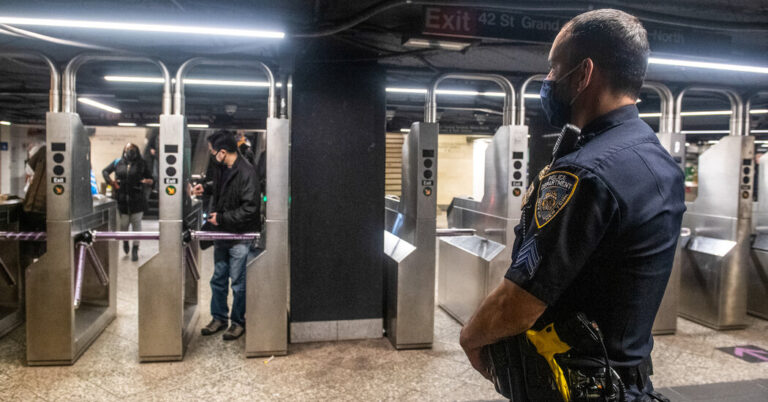Opinion | 75 Years Later, the Tokyo War Crimes Trials Still Reverberate
Unlike at the Nuremberg trial, where the rules of international law were shaped by the United States, the Soviet Union, Britain and France, the Tokyo court also gave significant authority to anticolonial judges and prosecutors from developing countries. One of the most influential judges, Mei Ruao of China, disgusted at the British Empire, privately scorned “the nonsense of these imperialist white supremacists.” Although the United States wanted to skew the trial toward aggression against the United States at Pearl Harbor, Gen. Douglas MacArthur, the U.S. potentate ruling Allied-occupied Japan, rapidly lost patience with the tribunal, allowing it to be steered by other Allied governments. Chinese and Philippine prosecutors assembled a massive compilation of Japan’s atrocities and sexual violence.
Rather than resolving wartime grievances, though, the Tokyo trial remains an occasion for patriotic quarrels across East Asia to this day. Xi Jinping, China’s paramount leader, pursues territorial disputes with Japan while remonstrating about World War II. When conservative Japanese politicians visit or pay tribute at the Yasukuni Shrine in central Tokyo, which honors Japan’s war dead as well as Tojo and 13 other Class A war criminals, Chinese citizens recoil with state-sanctioned disgust. South Koreans seethe against an officially pacifist Japan that is hardly poised for imperialist backsliding. For their part, Japanese nationalists, including many in the country’s dominant conservative party, denounce the trial as “victors’ justice” and exalt the lengthy dissent by the Indian judge, Radhabinod Pal, which supported acquittal for Tojo and all the other defendants.
The Tokyo trial is consequential not because of long-defunct Wilsonian daydreams about a world pacified by international law, but because it misfired and fizzled. While Japanese leaders have repeatedly apologized for the crimes of World War II, there is no Japanese equivalent to the near-universal national repentance of Germany today. The international lawyers and human rights activists who extol Nuremberg usually see Tokyo as an embarrassment best forgotten. The Tokyo trial is important precisely because it remains so controversial. If Nuremberg is remembered as a metaphor for moral clarity, then Tokyo represents a dive into murk.
There are several reasons for the contested legacy of Tokyo. Although the Tokyo trial was far more international than Nuremberg, its judges proved incapable of unity. There were dissents from the Dutch, French and Indian judges, while the Australian chief judge and the Philippine judge wrote concurring opinions. After the judgment, the Supreme Court of the United States allowed American defense lawyers to make oral arguments about the legitimacy of the Tokyo court, but then ruled that the Supreme Court had no jurisdiction over an international tribunal. All of this apparent indecision from the Allied powers undermined the judgment, making many Japanese wonder if justice had really been done.
Beyond the legal problems, the Tokyo trial was undercut by military imperatives and international realpolitik. Fearing the bloodshed from a ground invasion of Japan, the Truman administration had ended the Pacific War with a tacit negotiation — which, as political scientists have demonstrated, is how almost all wars end. This was a brutal arrangement, brought about by firebombing, blockade, advancing armies and atomic bombs, but a negotiation all the same. After the annihilation of Hiroshima and Nagasaki, the Truman administration cut an implicit deal to quietly spare Emperor Hirohito from overthrow or prosecution as a war criminal. This helped induce Japan to surrender at last, and the emperor proved helpful in legitimizing the subsequent American-led occupation. Yet Hirohito’s enduring presence on the throne and the revival of conservative elites around him permanently muddied postwar debates about Japan’s culpability, making possible a view that Japan had fought a patriotic and perhaps legitimate war.
Check out our Latest News and Follow us at Facebook
Original Source







